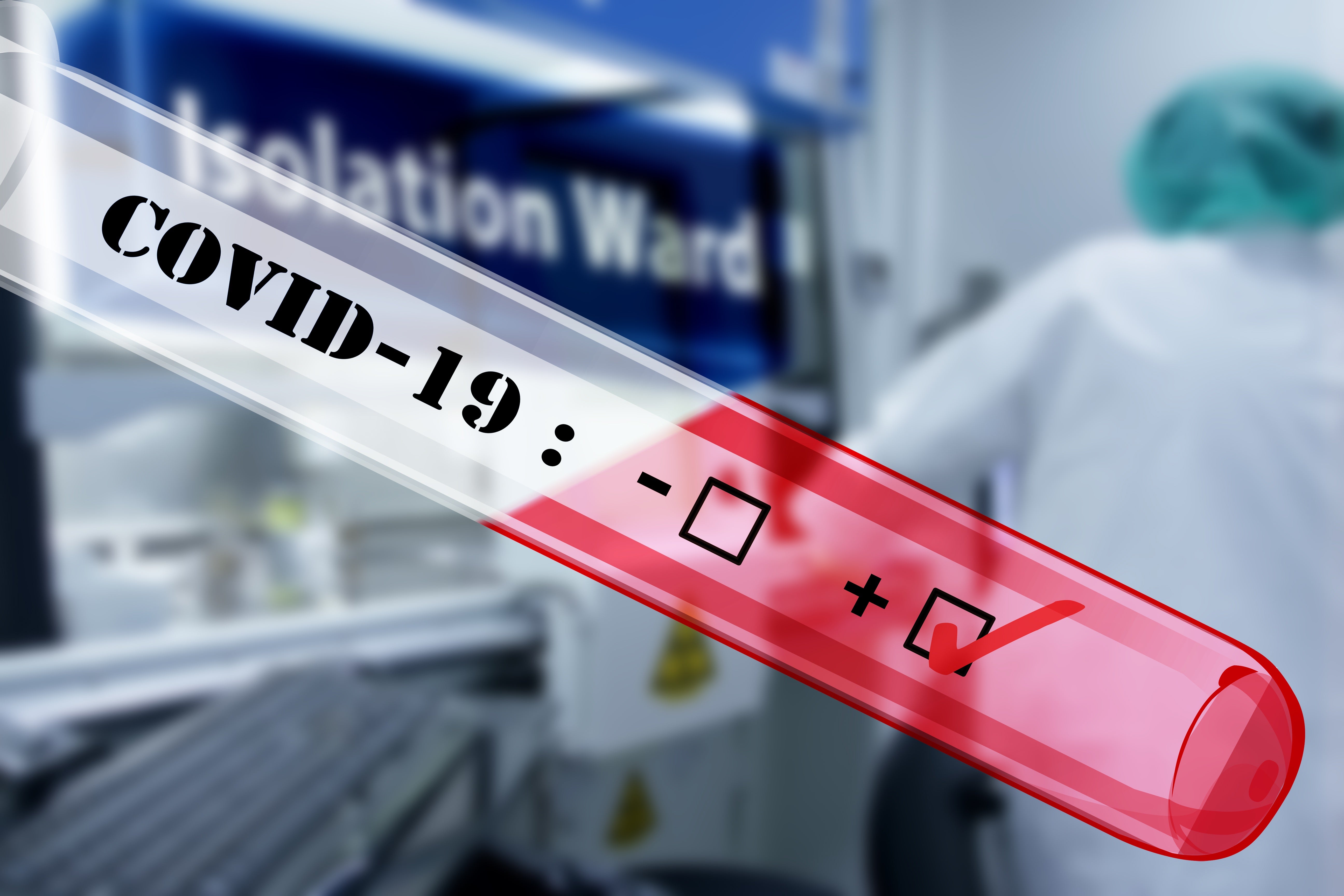On March 12, representatives from the NSGEU, NSNU, CUPE and Unifor met with officials from government, the Nova Scotia Health Authority, infection control specialists, and the Chief Medical Officer, Dr. Robert Strang.
At this meeting, we called on the Nova Scotia government to uphold the precautionary principle when it comes to providing personal protective equipment (PPE) for health care workers. The precautionary principle, as outlined by Justice Campbell following the SARS crisis in 2003, says that in the absence of scientific certainty we must err on the side of caution and protect workers. In Canada, two nurses and a physician were among the casualties of SARS, and many other health workers were infected. No parties in the health system wish to see that again.
The infectious disease specialists – Dr. Jeannette Comeau, Dr. Ian Davis and Dr. Lynn Johnston – explained their strategy for the imminent arrival of COVID-19 in our province, and how we can best ensure the health and safety of the frontline workers delivering care. The specialists emphasized the fact that evidence suggests that COVID-19 is a spread through droplet and direct contact, and is not an airborne pathogen.
Based on this information, fit-tested, NIOSH-approved N95 masks are currently deemed necessary only for health care workers conducting Aerosol-Generating Medical Procedures (AGMPs) – such as intubations and bronchoscopies – on patients who have tested positive for COVID-19. Frontline healthcare workers who are testing potential COVID-19 patients, or who are treating admitted COVID-19 patients, will be provided other PPE such as gowns, gloves, face shields and surgical masks.
The specialists pointed out that this PPE protocol is being used widely throughout Canada, including in British Columbia, which has experienced the greatest concentration of cases so far, and there have been no documented transmissions to health care workers.
It was explained to all stakeholders that while the Department of Health and Wellness has a “strategic stockpile” of N95 masks from the past H1N1 outbreak, officials are concerned that our supply may not be adequate to deal with a prolonged outbreak in Nova Scotia. Our existing stocks are being used and suppliers are offering no guarantees they will be able to fill requests for more, as there is a global demand for this equipment. To that end, DHW and NSHA officials are trying to conserve these masks for workers caring for patients who may become critically ill and require AGMP procedures.
Based on previous discussions, we believed that we had an adequate supply of the respirators. It is the employer’s responsibility to ensure this supply, and to ensure workers are regularly fit-tested. The employer is clearly not as prepared as it should be. We are disappointed the NSHA did not fulfill their obligation to ensure all relevant health care workers were provided with fit-tested N95 masks.
If you believe your PPE is insufficient, you should request to be reassigned to other work. If you are not given the opportunity to turn down the work, and you feel your safety is jeopardized, you may exercise your right to refuse under the Occupational Health and Safety Act. Please contact your union if you wish to exercise the right to refuse.
We know that the priority of healthcare workers is ensuring the safe and quality care of Nova Scotians throughout our healthcare system, and that you can only accomplish this if you, too, are kept safe and healthy. Let’s all work together to make sure that happens.
This is an evolving situation, and we want to hear of any concerns that arise in your workplace relating to COVID-19. Please don’t hesitate to contact your union.

